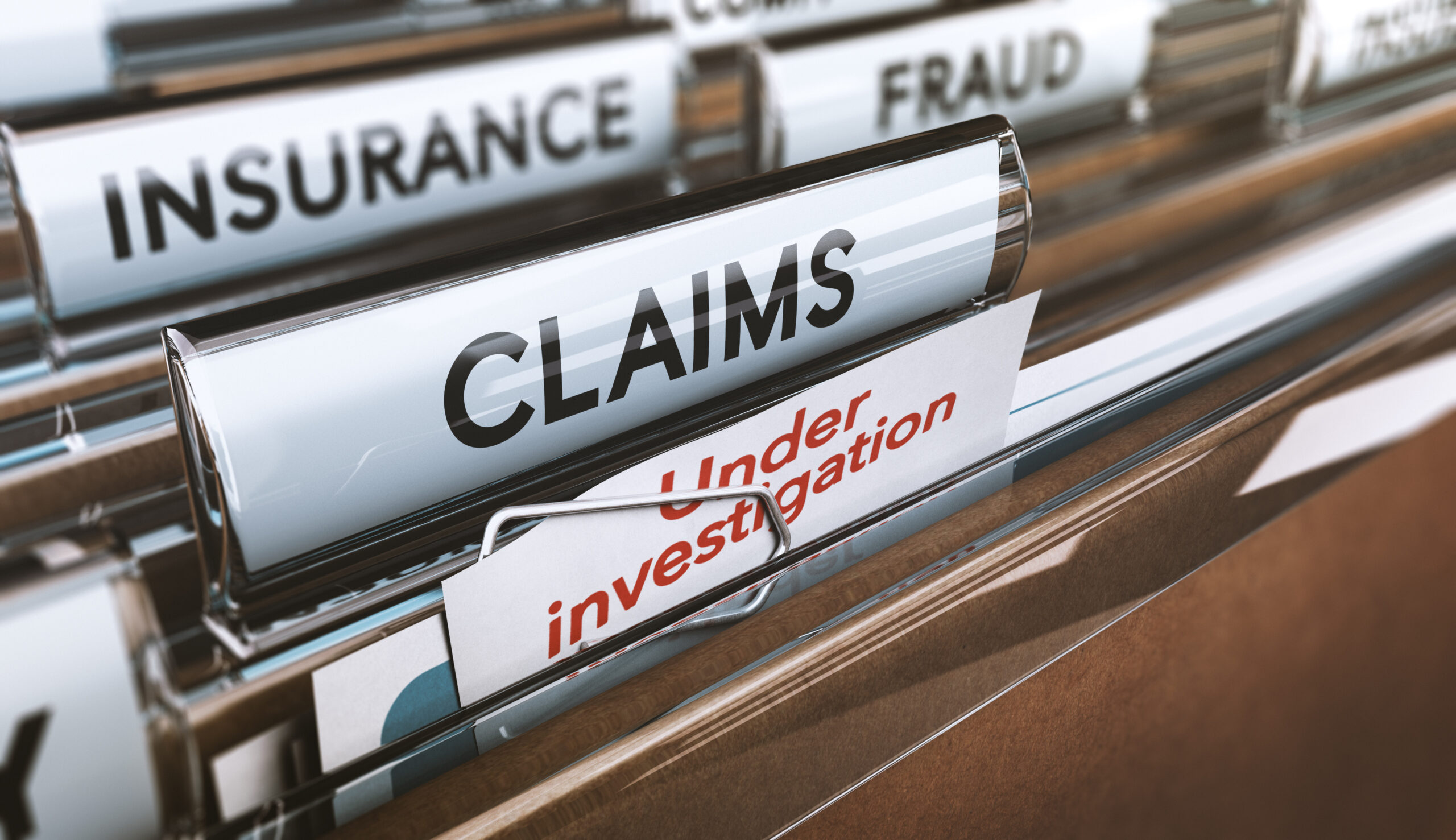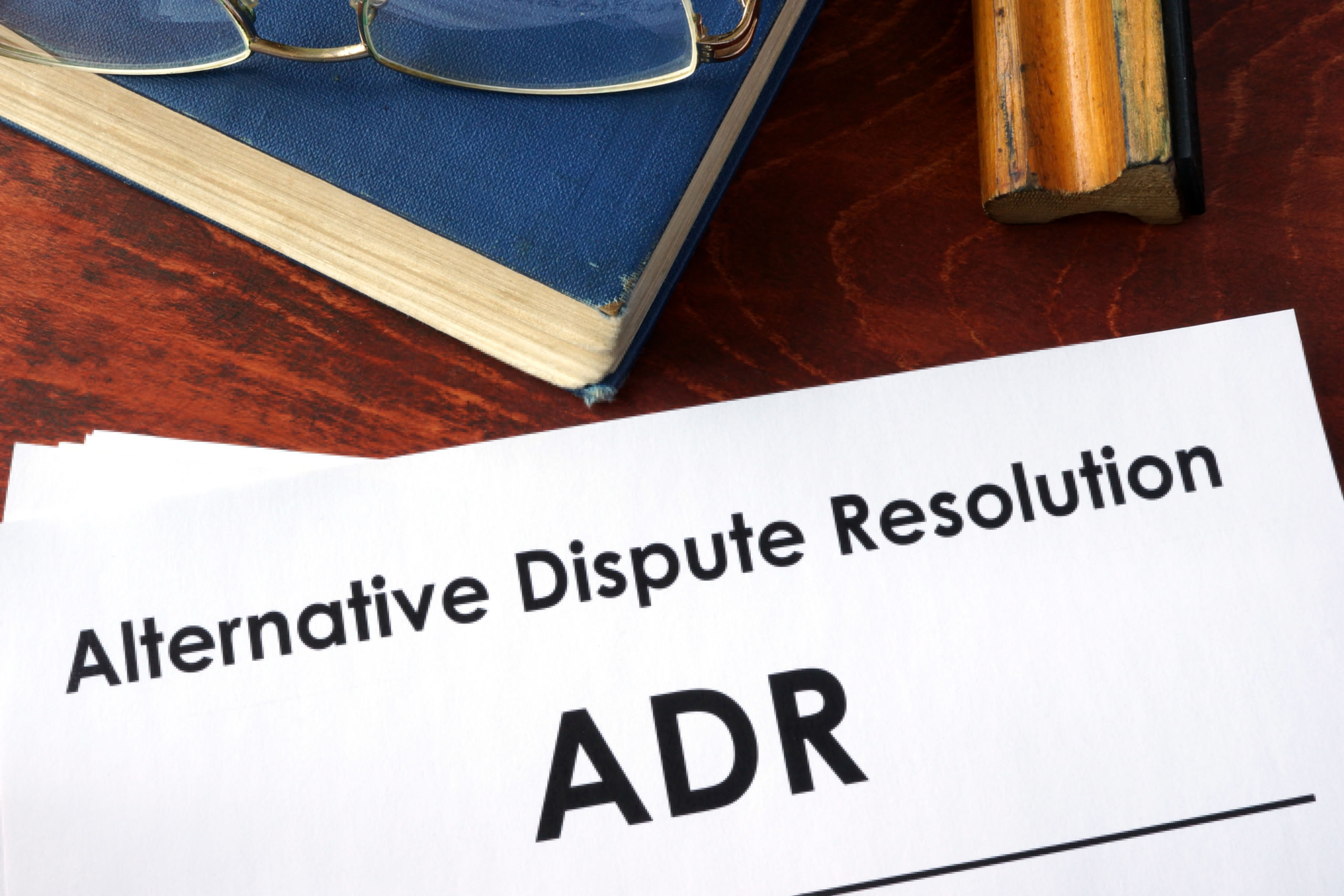By: Editorial Staff, Date: October 17th, 2023
The False Claims Act (FCA) is a federal law allowing individuals to file lawsuits on behalf of the government against individuals, companies, or entities that have defrauded the government. The whistleblower can be rewarded for disclosing fraud that resulted in a financial loss to the government if the lawsuit is successful.
The FCA has five statutes that hold a person accountable if they knowingly submit false claims to the government.

This article will provide an overview of the five statutes of the False Claims Act.
- 31 U.S.C. § 3729: False Claims
This section outlines the liability for certain acts related to false claims made against the United States Government. It specifies that any person who “knowingly” submits false claims is liable for a civil penalty of $5,000 – $10,000, plus three times the damages sustained by the government due to their actions.
If the violator cooperates and reports the violation promptly with no prior legal action, the damages may be reduced to two times. Violators are also responsible for covering the costs of civil actions to recover penalties or damages.
The section provides definitions for key terms, exempts certain information from disclosure, and does not apply to claims under the Internal Revenue Code of 1986.
- 31 U.S.C. § 3730: Civil Actions for False Claims
This section outlines the different provisions related to FCA. It describes the responsibilities of the Attorney General in investigating the violations and the actions that private individuals can take on behalf of the United States Government, which is known as qui tam actions.
It also discusses the rights and roles of the government, individuals who initiate the actions, and defendants. The section covers the award to qui tam plaintiffs and addresses certain actions that are barred. It also outlines relief for those facing retaliatory actions for their involvement in FCA cases, with a limitation on the timeframe for bringing such actions.
- 31 U.S.C. § 3731: False Claims Procedure
This section of the False Claims Act specifies that subpoenas for witnesses can be served anywhere in the United States, sets limitations on when civil actions under the Act can be initiated, allows the government to amend a complaint if it intervenes in an action, requires the government to prove its case by a preponderance of the evidence, and establishes that a final judgment in a government’s favor in a related criminal fraud case prevents the defendant from denying the essential elements of the offense in a civil action under the Act involving the same transaction, overriding some legal rules and procedures.
- 31 U.S.C. § 3732: False Claims Jurisdiction
This section of the False Claims Act stipulates that actions under section 3730 can be filed in judicial districts where the defendant is found, resides, conducts business, or where the false claims violation occurred, and summons can be served within or outside the United States in accordance with Federal Rules of Civil Procedure. Additionally, it grants district courts jurisdiction over actions brought under state laws for the recovery of funds paid by the government if they relate to the same transaction as actions under section 3730. Moreover, in cases where a state or local government is a co-plaintiff, a seal ordered by the court doesn’t prevent the government or the initiating individual from serving legal documents and evidence disclosures to authorized law enforcement authorities.
- 31 U.S. Code § 3733 – Civil Investigative Demands
This section of the False Claims Act outlines the procedures and rules for issuing and enforcing civil investigative demands (CIDs) in false claims law investigations. CIDs allow authorities to collect documentary material, written responses, and oral testimony related to alleged false claims. They must clearly state the nature of the violations and the legal provisions involved. These rules cover service, custodianship, and the sharing of information with qui tam relators. Non-compliance with CID-related court orders can lead to contempt charges, making this section an essential component of false claims investigations.
These statutes of the False Claims Act collectively establish a robust framework to combat fraud against the government.
Discover more insights in our upcoming webcast: False Claims Act Enforcement: Exploring Recent Trends and Developments
Reference: https://www.lawschool.cornell.edu/
Upcoming Webcasts
Demystifying FINRA Arbitration: Navigating Disputes with Confidence
The financial landscape is continuously shaped by the evolving regulations imposed by the Financial Industry Regulatory Authority (FINRA). All disputes by or between member firms and associated persons are subject to arbitration before FINRA’s Dispute Resolution Program, though for certain statutory employment law claims, the parties can opt out of arbitration. FINRA’s arbitration presents a unique forum where the parties must abide by and navigate the relevant (Customer or Industry) Code of Arbitration Procedure, and practitioners must stay abreast of the latest developments to formulate effective arbitration strategies. Join our speakers in this CLE webcast as they delve into a comprehensive discussion on the process of selecting arbitrators, recent changes in the Code, and some things to consider when arbitrating an employment law claim.


